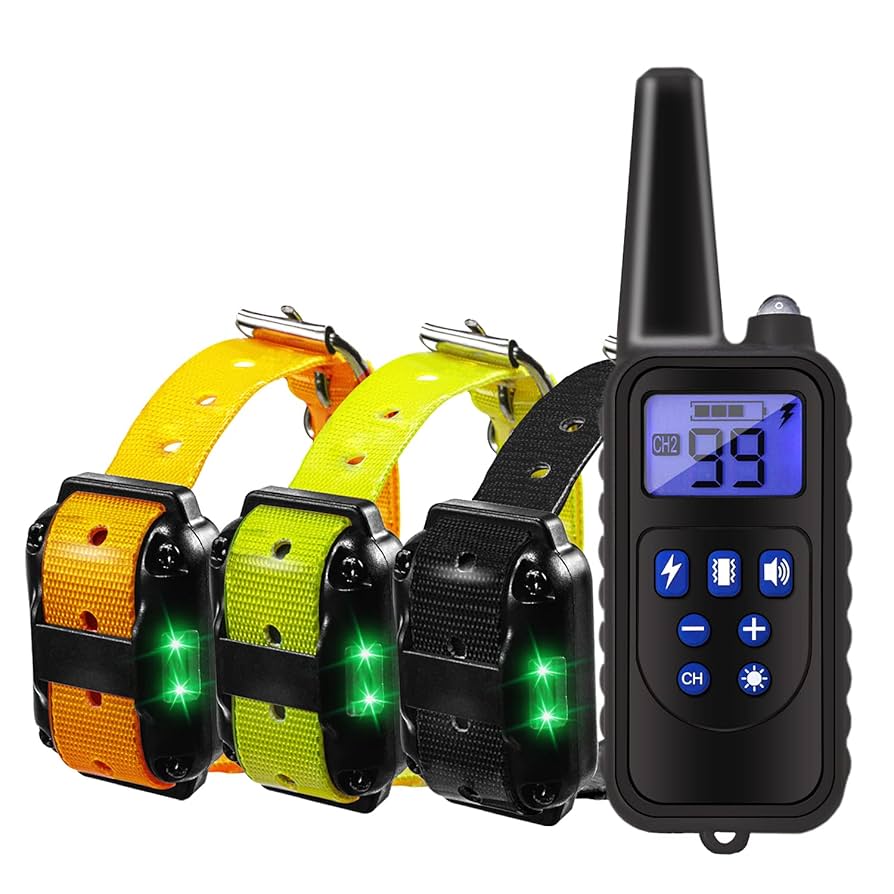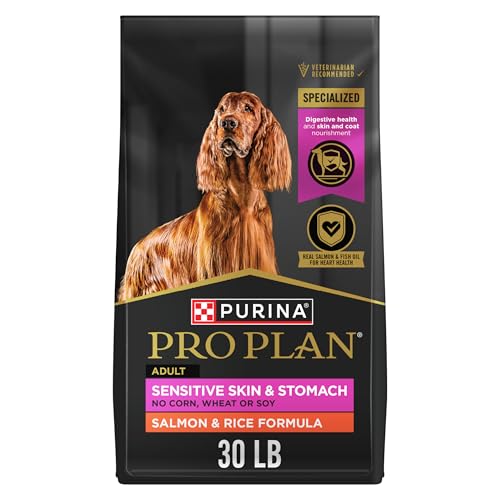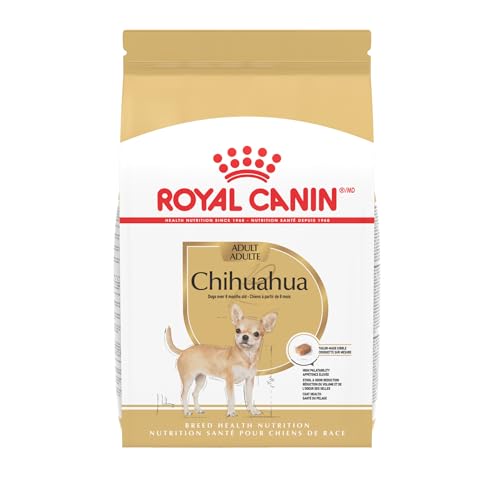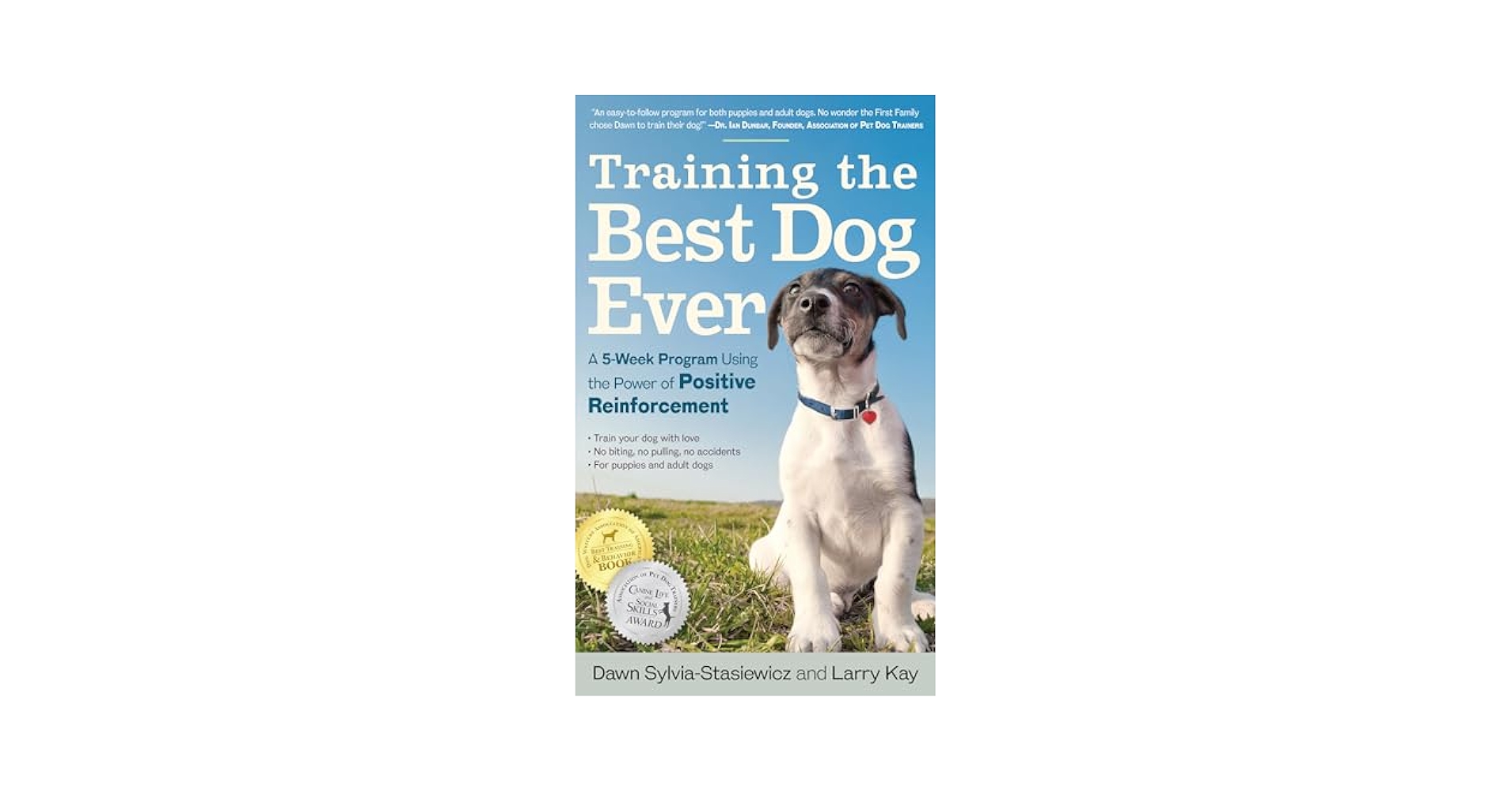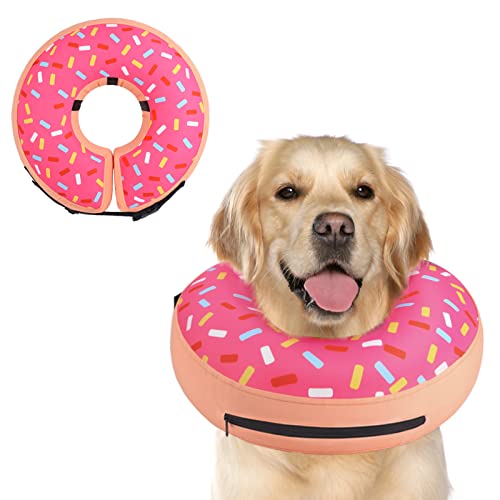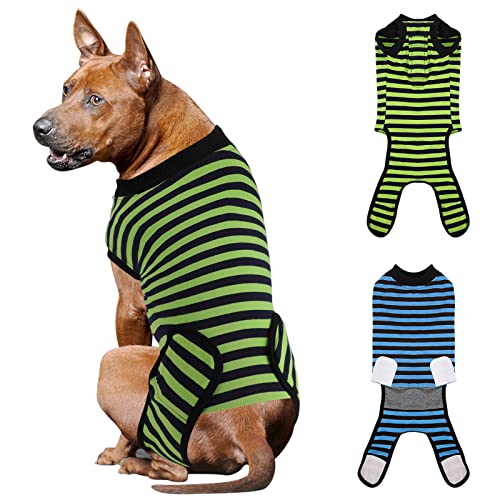Are you worried about allergies but still dreaming of having a furry friend by your side? You’re not alone.
Many people think they can’t have a dog because of sneezing, itchy eyes, or worse. But what if you could find a dog breed that’s easier on your allergies? Understanding which dog breeds are considered hypoallergenic could change everything for you.
Keep reading, and you’ll discover the best breeds that might just be the perfect match for your home and health.
Hypoallergenic Dog Traits
Some dog breeds are called hypoallergenic. They cause fewer allergy problems for people. This is because of certain traits they have.
These traits include how much they shed, how much dander they produce, and the allergens they carry. Understanding these helps in choosing a dog that suits allergy sufferers.
Low Shedding Coats
Dogs with low shedding coats lose less hair. This means fewer loose hairs spread around the home. Less hair means fewer allergens in the air.
Breeds like Poodles and Bichon Frises have curly or wavy coats. These coats hold hair tightly, reducing shedding. This trait helps reduce allergy symptoms.
- Poodles
- Bichon Frises
- Schnauzers
- Portuguese Water Dogs
- Soft Coated Wheaten Terriers
Reduced Dander Production
Dander is tiny skin flakes that dogs shed. It carries proteins that can cause allergies. Some dogs produce less dander than others.
Dogs that produce less dander are better for allergy sufferers. Their skin cells stick together more, so less dander spreads around. Regular grooming also helps reduce dander.
- Low dander helps lower allergy reactions
- Regular baths reduce dander buildup
- Hypoallergenic breeds often have reduced dander
Common Allergens In Dogs
Allergens in dogs come from their skin, saliva, and urine. The main allergen is a protein called Can f 1 found in dog saliva and dander.
When dogs lick their fur, saliva dries and becomes airborne. This spreads allergens in the home. Some breeds produce less Can f 1, causing fewer allergies.
| Allergen Source | Description |
|---|---|
| Skin (Dander) | Dead skin flakes with allergenic proteins |
| Saliva | Protein-rich fluid that spreads allergens when dried |
| Urine | Contains proteins that can trigger allergies |
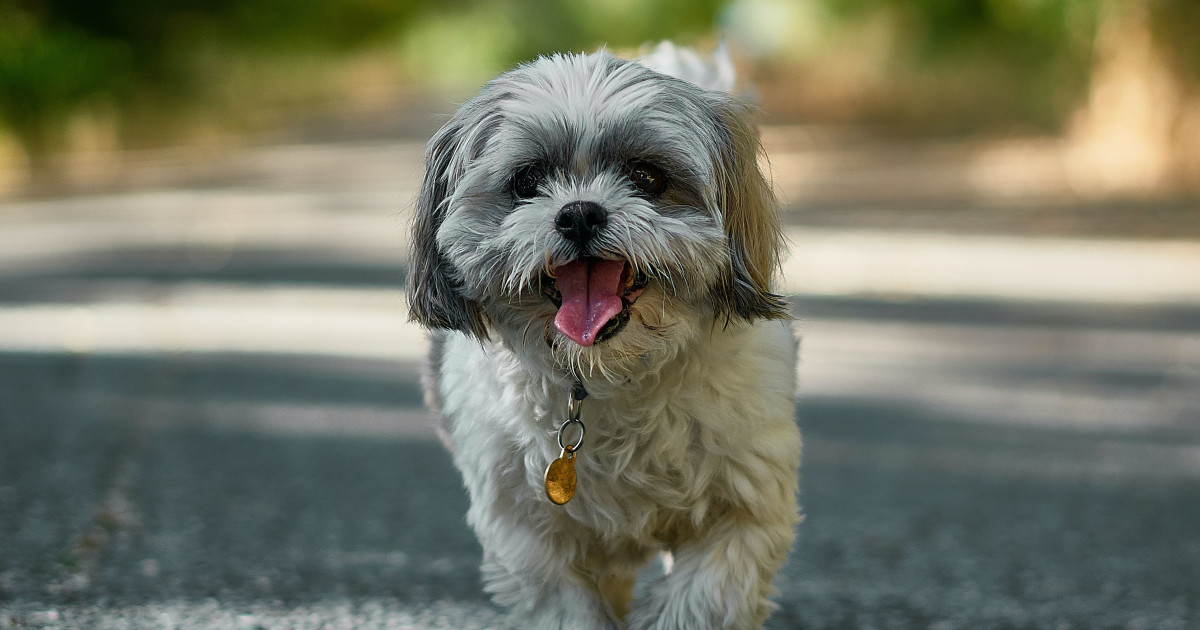
Credit: pethelpful.com
Top Hypoallergenic Breeds
Many people are allergic to dogs but still want a furry friend. Hypoallergenic dog breeds shed less and cause fewer allergies.
This list covers popular hypoallergenic dog breeds. They are good choices for allergy sufferers.
Poodle Varieties
Poodles come in three sizes: standard, miniature, and toy. All sizes have curly, low-shedding coats.
Their hair grows continuously and traps dander. This reduces allergens in the air.
- Standard Poodle is the largest and very smart
- Miniature Poodle is medium-sized and active
- Toy Poodle is small and good for apartments
Bichon Frise
Bichon Frise has a soft, curly coat that does not shed much. They are playful and friendly dogs.
This breed needs regular grooming to keep its coat clean and free of mats.
Maltese
The Maltese has a long, silky coat that sheds very little. They are small and gentle dogs.
This breed is good for people who want a quiet and loving companion.
Portuguese Water Dog
Portuguese Water Dogs have curly or wavy coats that shed minimally. They are energetic and love water.
This breed needs exercise and mental stimulation every day.
Schnauzer
Schnauzers come in three sizes: standard, miniature, and giant. All sizes have wiry, low-shedding coats.
They are alert dogs that make good family pets and watchdogs.
Shih Tzu
Shih Tzus have long, flowing coats that shed little. They are friendly and enjoy being with people.
Regular grooming is needed to keep their coat healthy and clean.
Breeds Suitable For Allergy Sufferers
Many people love dogs but suffer from allergies. Some dog breeds cause fewer allergic reactions.
These breeds shed less dander, a common allergy trigger. Choosing the right breed helps allergy sufferers enjoy pets.
Soft-coated Wheaten Terrier
The Soft-Coated Wheaten Terrier has a soft, wavy coat. It sheds very little, reducing dander in the home.
This breed is friendly and active. Its coat needs regular grooming to stay clean and healthy.
Basenji
The Basenji is a small dog with short hair. It does not shed much, which helps allergy sufferers.
Known as the “barkless dog,” Basenjis are clean and quiet. They need exercise and mental stimulation.
Kerry Blue Terrier
The Kerry Blue Terrier has a soft, curly coat. This coat sheds very little, making it good for allergies.
This breed is intelligent and energetic. Regular grooming keeps its coat free of mats and dirt.
Chinese Crested
The Chinese Crested comes in two types: hairless and powderpuff. Both have minimal shedding.
This breed is small and playful. The hairless type needs skin care, while the powderpuff needs grooming.
Factors Affecting Allergy Reactions
Allergies to dogs vary from person to person. Some dogs cause fewer allergy problems, but many factors play a role.
Understanding these factors helps people choose the right dog breed to reduce allergy symptoms.
Individual Sensitivities
Each person reacts differently to dog allergens. Some have strong reactions to small amounts.
Allergy levels depend on a person’s immune system and past exposure to allergens.
- Some people react to dog saliva proteins
- Others are sensitive to dead skin flakes
- Allergy severity varies by individual
Grooming And Maintenance
How often a dog is groomed affects allergy symptoms. Regular baths reduce allergens on fur.
Brushing removes loose hair and dander, lowering allergen spread in the home.
- Frequent bathing helps wash away allergens
- Brushing keeps fur clean and less dusty
- Cleaning dog bedding reduces allergen buildup
Environmental Influences
Where the dog lives affects allergy reactions. Dust and pollen can stick to dog fur.
Keeping the home clean and using air filters can reduce allergens in the air.
- Outdoor allergens can attach to dog coats
- Vacuuming lowers indoor allergen levels
- HEPA filters improve air quality
Managing Allergies With Dogs
Many people love dogs but worry about allergies. Some dog breeds cause fewer allergic reactions.
Choosing hypoallergenic breeds helps reduce allergy symptoms. Managing your home environment also matters.
Regular Cleaning Tips
Clean your home often to lower pet allergens. Dust and vacuum regularly to remove pet hair and dander.
Use a vacuum with a HEPA filter for better allergen removal. Wash pet bedding and blankets weekly to keep them fresh.
- Dust surfaces with a damp cloth
- Vacuum carpets and furniture daily
- Wash pet items frequently
- Keep floors clean and clutter-free
Bathing And Brushing
Regular baths reduce dander on your dog’s skin and fur. Use a gentle shampoo made for dogs.
Brush your dog often to remove loose hair. Brushing outside helps keep dander out of your home.
- Bathtub or outdoor hose baths every 2-4 weeks
- Daily brushing for short-haired dogs
- Brush several times a week for long-haired dogs
- Wear gloves if you are sensitive to dander
Air Filtration Solutions
Air filters lower airborne allergens in your home. HEPA filters trap tiny particles like pet dander.
Place air purifiers in rooms where your dog spends time. Keep windows open when possible to improve ventilation.
- Use HEPA air purifiers in living areas
- Change filters regularly
- Open windows for fresh air
- Keep HVAC systems clean

Credit: www.petscare.com

Credit: www.yahoo.com
Frequently Asked Questions
What Does Hypoallergenic Dog Mean?
Hypoallergenic dogs produce fewer allergens than other breeds. They are better suited for allergy sufferers. These dogs typically have less dander and shed minimally. However, no dog is completely hypoallergenic. It’s essential to spend time with a breed to ensure compatibility.
Which Small Dogs Are Hypoallergenic?
Several small dog breeds are considered hypoallergenic. The Bichon Frise and Maltese are popular choices. Both have minimal shedding coats. The Shih Tzu is also hypoallergenic due to its hair-like coat. Each breed has unique grooming needs that reduce allergens.
Do Hypoallergenic Dogs Need Special Care?
Yes, hypoallergenic dogs require regular grooming to manage dander. Brushing and bathing help minimize allergens. Regular vet check-ups are essential to maintain health. Proper diet and exercise also contribute to their well-being. Always consult a vet for specific care recommendations.
Are Hypoallergenic Dogs Suitable For Families?
Yes, many hypoallergenic dogs are excellent family pets. Breeds like the Labradoodle and Portuguese Water Dog are friendly. They have gentle temperaments and are great with children. Socialization and training are essential for family integration. Always consider individual dog personalities.
Conclusion
Choosing a hypoallergenic dog can help reduce allergy problems. Breeds like Poodles, Bichon Frises, and Shih Tzus shed less hair and dander. This makes them easier for allergy sufferers to handle. Remember, no dog is completely allergy-free. Spending time with a dog before adopting helps.
This way, you can see how your allergies react. A happy pet and a healthy owner make a great team. Consider your lifestyle and needs when picking a dog breed. Enjoy the love and joy a dog can bring.

